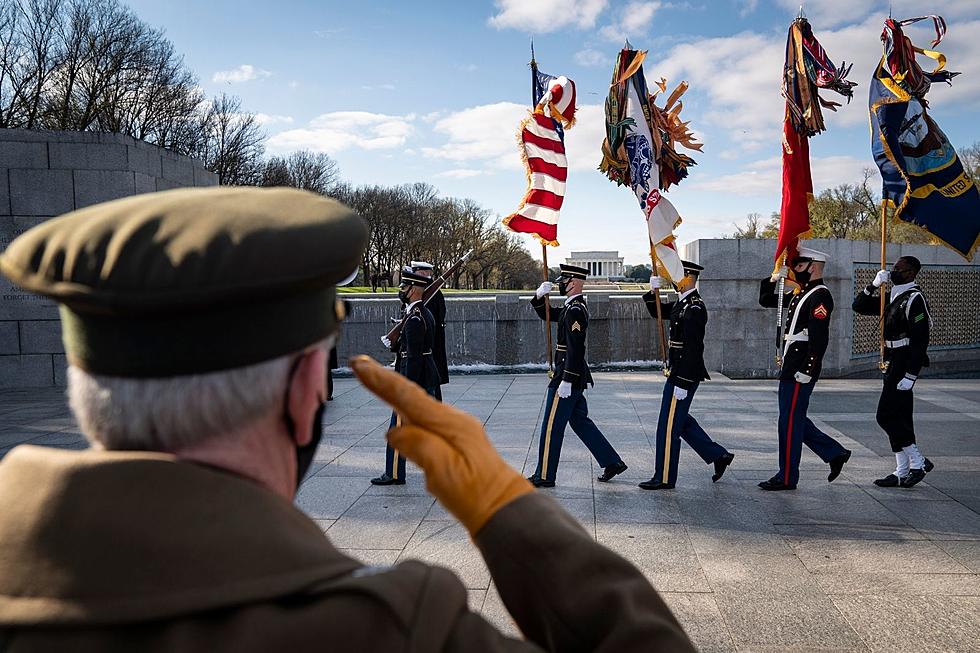
Montana Supreme Court Cancels Unusual Stolen Valor Punishment
The Associated Press reported today that a former Montana judge doled out improper punishment for two men who lied about their military service in court. If you don't remember the details of the 2019 "stolen valor" case, it's a real doozy.
The men, Troy Allan Nelson and Ryan Patrick Morris, both claimed to be war vets. One said he was hit by an IED on one of his seven tours in Iraq and Afghanistan. The other managed to enroll himself in Veterans Treatment Court before officials found out he was entirely full of crap.
I'm not a vet, but I know that pretending to be one is strongly frowned upon. In fact, it might be a great way to get your ass kicked. Anyone who has served will proudly tell you that they earned that right and title of veteran. Those who choose to play make-believe with fabricated stories and uniforms, patches, and medals from the Army Navy Surplus store are pretty much dirtbags... plus, it's illegal. The Stolen Valor Act of 2013 made it a federal crime, punishable by up to a year in prison.

The best part of this whole story was the unusual punishment former Eighth District Court Judge Greg Pinski leveled upon the two men in 2019, while they were in court for unrelated charges.
Check out what the men were required to do:
- Wear signs around their necks that read, “I am a liar. I am not a veteran. I stole valor. I have dishonored all veterans." They were each ordered to do this for eight hour shifts at the Montana Veterans Memorial on Veterans Day and Memorial Day for three years.
- Handwrite the names of all 6,756 Americans killed in Iraq and Afghanistan.
- Write the full obituaries of the 40 Montanans killed in Iraq and Afghanistan.
- Write letters of apology to various veterans groups they misled.
- Once paroled, the men were each ordered by the judge to perform 441 hours of community service, representing an hour for each of the 441 Montanan's killed in action since the Korean War.
The punishment was unique, and awesome, in my opinion. I wish more judges were creative with their punishment. Their case caught the attention of the Montana ACLU and the men appealed their sentencing. This week, the Montana Supreme Court sided in their favor. What do you think? Was their punishment fair, or not enough?
Learn About Our Veterans: Here are the Meanings of Military Medals
LOOK: 30 fascinating facts about sleep in the animal kingdom
More From Montana Talks









